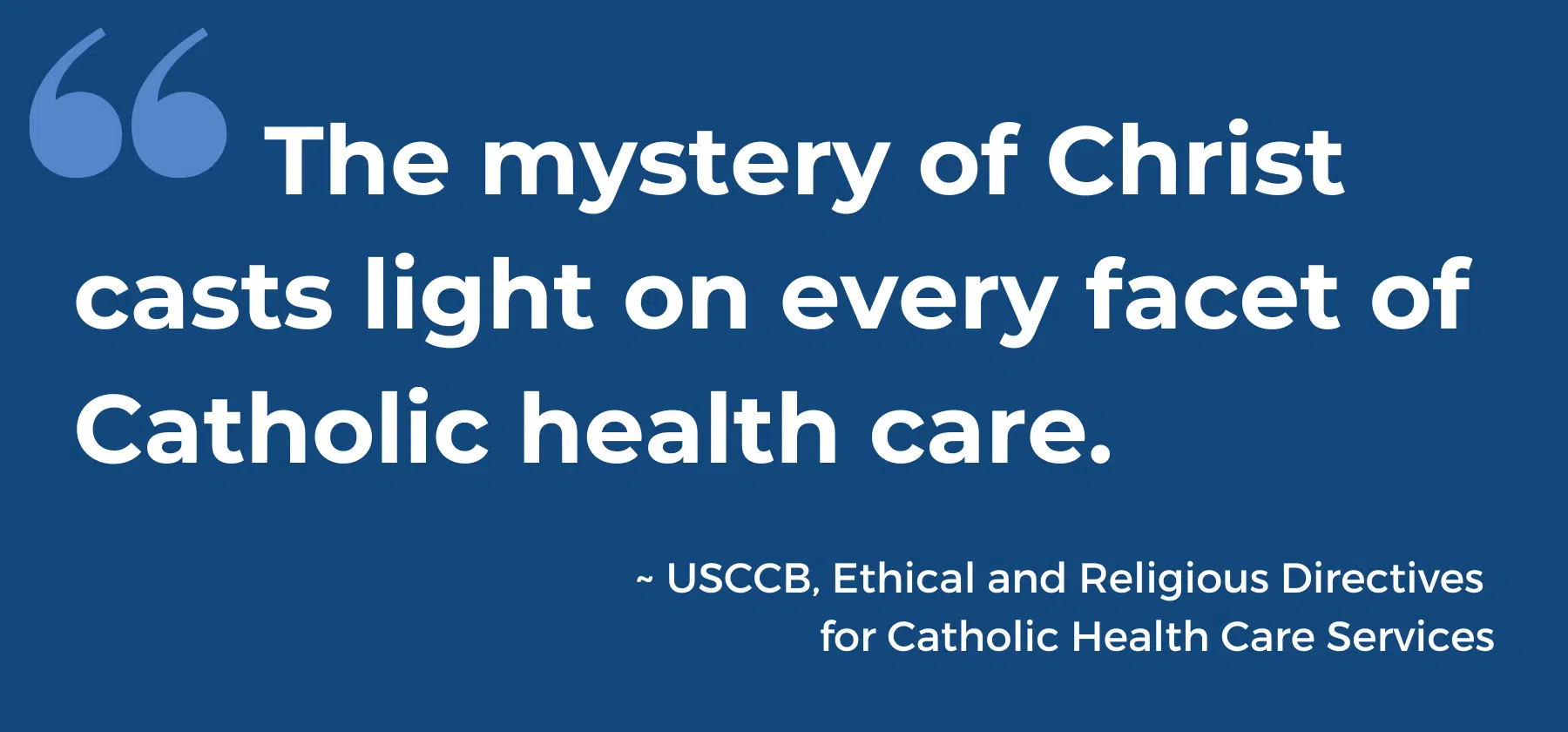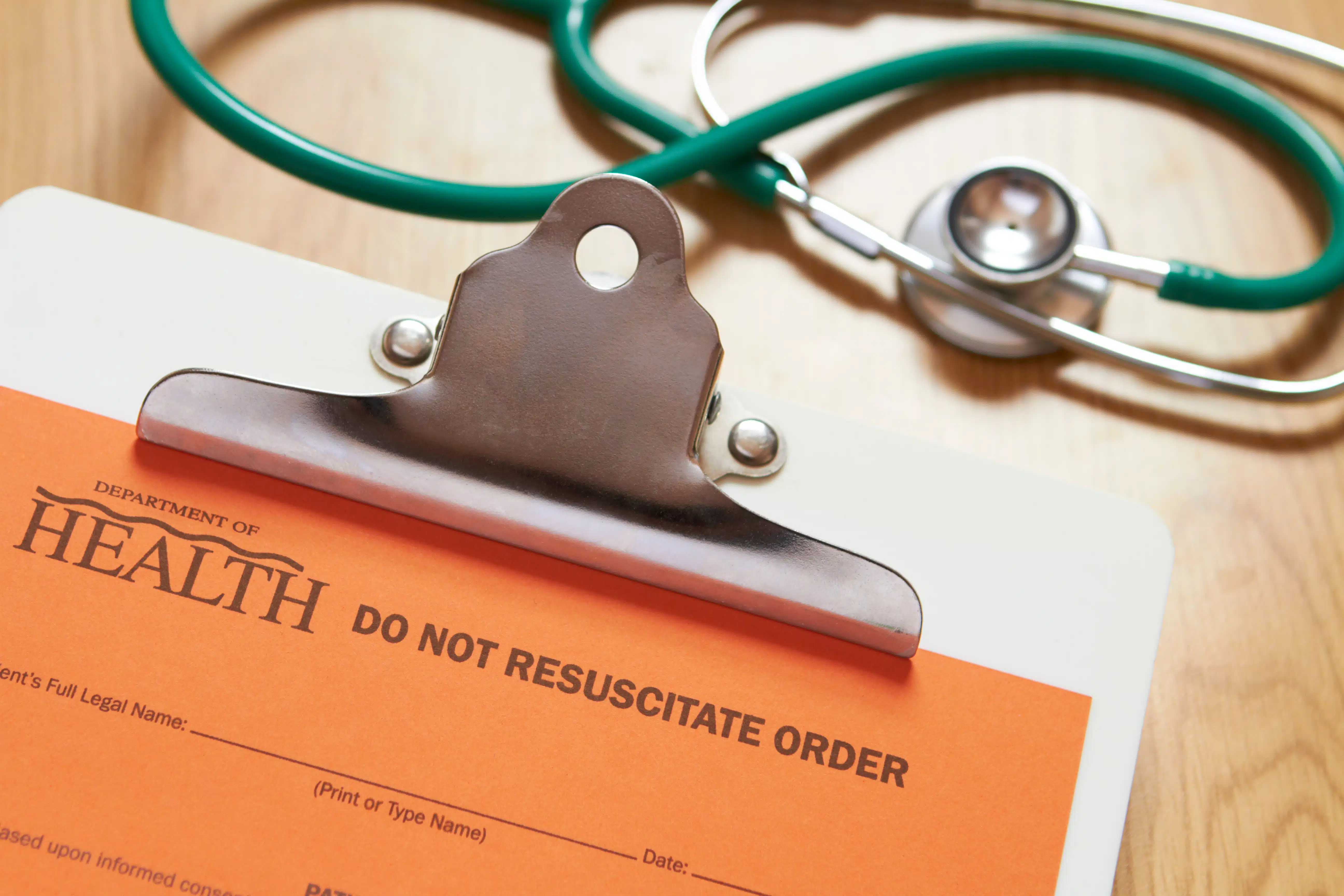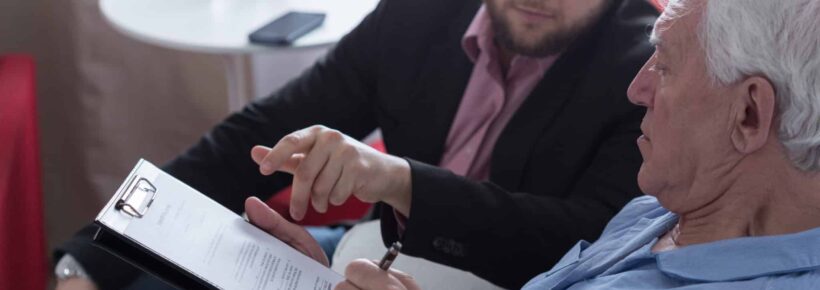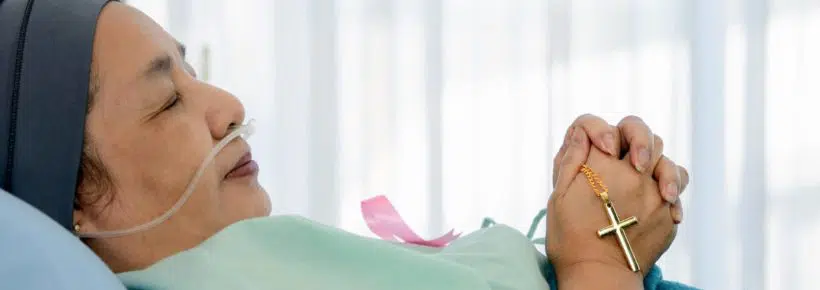
Do-not-resuscitate orders (DNRs) can be ethically permissible. However, certain criteria, as described below, must be considered in determining whether a DNR can be ethically implemented.
What’s a DNR?
A DNR is an order that healthcare workers (including paramedics) will not perform cardiopulmonary resuscitation (CPR) on a patient if the patient’s breathing or heartbeat stops. Under a DNR, some of the actions that will not be performed include mouth-to-mouth breathing, chest compressions, defibrillation, the use of breathing tubes, and the administering of medicine.
To be clear, a DNR only applies in circumstances where a patient has experienced cardiac arrest or stopped breathing. A patient who has not experienced either of these events will still receive medical treatment and care, such as medication and nutrition.1
A DNR’s implementation begins with the request or consent of the patient, if he or she is competent, or the patient’s proxy. To take effect, the order must be signed by a physician or other legally authorized health care clinician.2
Many states provide Physician Orders for Life-Sustaining Treatment forms (POLST), which include the DNR. POLST is broader in scope than a DNR as it can also provide instructions regarding medical treatment and care in situations other than cardiac or respiratory arrest.3 (For more information regarding the practical and moral problems associated with POLST see https://www.hli.org/resources/catholic-advance-directive/).
A DNR also differs from an advance medical directive (AMD). An AMD is a legal document that allows a person to indicate, in advance, their medical treatment preferences if they become incapable of directing their own medical care. An AMD also includes naming a durable power of attorney, someone to represent the patient’s health care interests.4
When Is a DNR Ethically Permissible?
The Catholic Church does not have any definitive teaching on whether DNRs are ethically permissible. However, the United States Conference of Catholic Bishops’ “Ethical and Religious Directives for Catholic Health Care Services” (ERD) provides some general guidance that can be applied in determining when a DNR is ethically permissible:
- A person has a moral obligation to use ordinary or proportionate means of preserving his or her life. Proportionate means are those that in the judgment of the patient offer a reasonable hope of benefit and do not entail an excessive burden or impose excessive expense on the family or the community.
- A person may forgo extraordinary or disproportionate means of preserving life. Disproportionate means are those that in the patient’s judgment do not offer a reasonable hope of benefit or entail an excessive burden, or impose excessive expense on the family or community.
- The free and informed judgment made by a competent adult patient concerning the use or withdrawal of life-sustaining procedures should always be respected and normally complied with, unless it is contrary to Catholic moral teaching.5
These provisions recognize that decisions regarding medical treatment, including implementation of a DNR, are unique to each person and their medical situation. Moreover, to act in accord with Catholic teaching, the patient or proxy must consider the following criteria: whether administering CPR (1) offers a reasonable hope of benefit and (2) does not entail an excessive burden or impose excessive expense.
In simpler terms, the main consideration in determining whether a DNR is morally permissible is whether the benefits of CPR outweigh the burdens.6
The following are possible situations in which a DNR may be ethically permissible:
- The patient has a very serious or terminal medical condition and death is reasonably imminent.
- The patient has a life-threatening condition and CPR would not benefit the patient.
- Given the patient’s medical condition or advanced age, CPR would impose an excessive burden on the patient such as broken bones or internal bleeding.7
May Medical Staff Ever Disobey a DNR?
The ERD again provides helpful guidance in determining whether it is ethical for health care providers to reject a DNR. First, the ERD notes that medical care involves decisions that have both moral and medical implications. Further, health care professionals have the ability and responsibility to balance the patient’s medical needs, the patient’s beliefs and spiritual needs, and the moral duty of all involved. Lastly, the ERD recognize that “[t]he inherent dignity of the human person must be respected and protected regardless of the nature of the person’s health problem or social status.”8
With this understanding, medical care providers could refuse compliance with a DNR on ethical grounds, particularly if the medical care provider believes there is reasonable hope of benefit from CPR or it does not place an excessive burden on the patient.
Indeed, in cases where DNRs are misused, health care providers should exercise ethical decision-making. A situation in which this decision-making would apply occurred in the U.K. In 2021 it was reported that COVID-19 patients with learning disabilities were being given DNRs. Bishop Moth, chairman of the social justice department at the Catholic Bishops’ Conference of England and Wales, called it “wholly unacceptable and immoral to suggest that the challenges which some people with learning disabilities face with communicating symptoms” would subject them to a DNR.9 Given the possibility that DNRs can be misused and even implemented in a discriminatory manner, medical care providers should “always seek to do what is ethically ‘ordinary’ or ‘proportionate’ in providing care.”10
Conclusion
Implementation of a DNR should be made on a case-by-case basis, taking into account the patient’s particular medical situation at a given time and whether the benefits of CPR outweigh the burdens. Moreover, in cases where a DNR has been signed, health care providers are still morally obligated to refuse compliance if there is reasonable hope of benefit from CPR or it does not place an excessive burden on the patient.
Ultimately, as Catholics, any decision regarding a DNR and health care in general should be based on the belief that
…the mystery of Christ casts light on every facet of Catholic health care: to see Christian love as the animating principle of health care; to see healing and compassion as a continuation of Christ’s mission; to see suffering as a participation in the redemptive power of Christ’s passion, death, and resurrection; and to see death, transformed by the resurrection, as an opportunity for a final act of communion with Christ.11
+ Endnotes
[1] MedlinePlus. Bethesda (MD): National Library of Medicine (US). “Do-not-resuscitate order” [reviewed 2022 Jan 18]. Accessed 5 December 2022.
[2] Archdiocese of San Francisco. “‘Do Not Resuscitate’ (DNR) Orders.” 17 Aug. 2021.
[3] NCBC Ethicists. “NCBC Guide to Completing the POLST Form.” Ethics & Medics, vol. 43, no. 6, June 2018.
[4] Ibid.
[5] United States Conference of Catholic Bishops. “Ethical and Religious Directives for Catholic Health Care Services.” Part Five: Issues in Care for the Seriously Ill and Dying. Sixth Edition, June 2018.
[6] Pacholczyk, Fr. Tadeusz. “Going Too Far With DNR?” Accessed 5 December 2022.
[7] Archdiocese of San Francisco. “‘Do Not Resuscitate’ (DNR) Orders.” 17 Aug. 2021.
[8] United States Conference of Catholic Bishops. “Ethical and Religious Directives for Catholic Health Care Services.” Part Three: The Professional-Patient Relationship. Sixth Edition, June 2018.
[9] CNA Staff. “Bishops ‘Distressed’ by DNR Orders for Intellectually Disabled COVID-19 Patients.” National Catholic Register. 16 February 2021. Accessed 5 December 2022.
[10] Pacholczyk, Fr. Tadeusz. “Going Too Far With DNR?” Accessed 5 December 2022.
[11] United States Conference of Catholic Bishops. “Ethical and Religious Directives for Catholic Health Care Services.” General Introduction. Sixth Edition, June 2018.
Christine Ebbink is a wife and mother to eight children. She has previously written for the California Catholic Conference. After graduating from law school and working for the California Legislature, she decided to switch careers and become a full-time homemaker and homeschooling mom.






